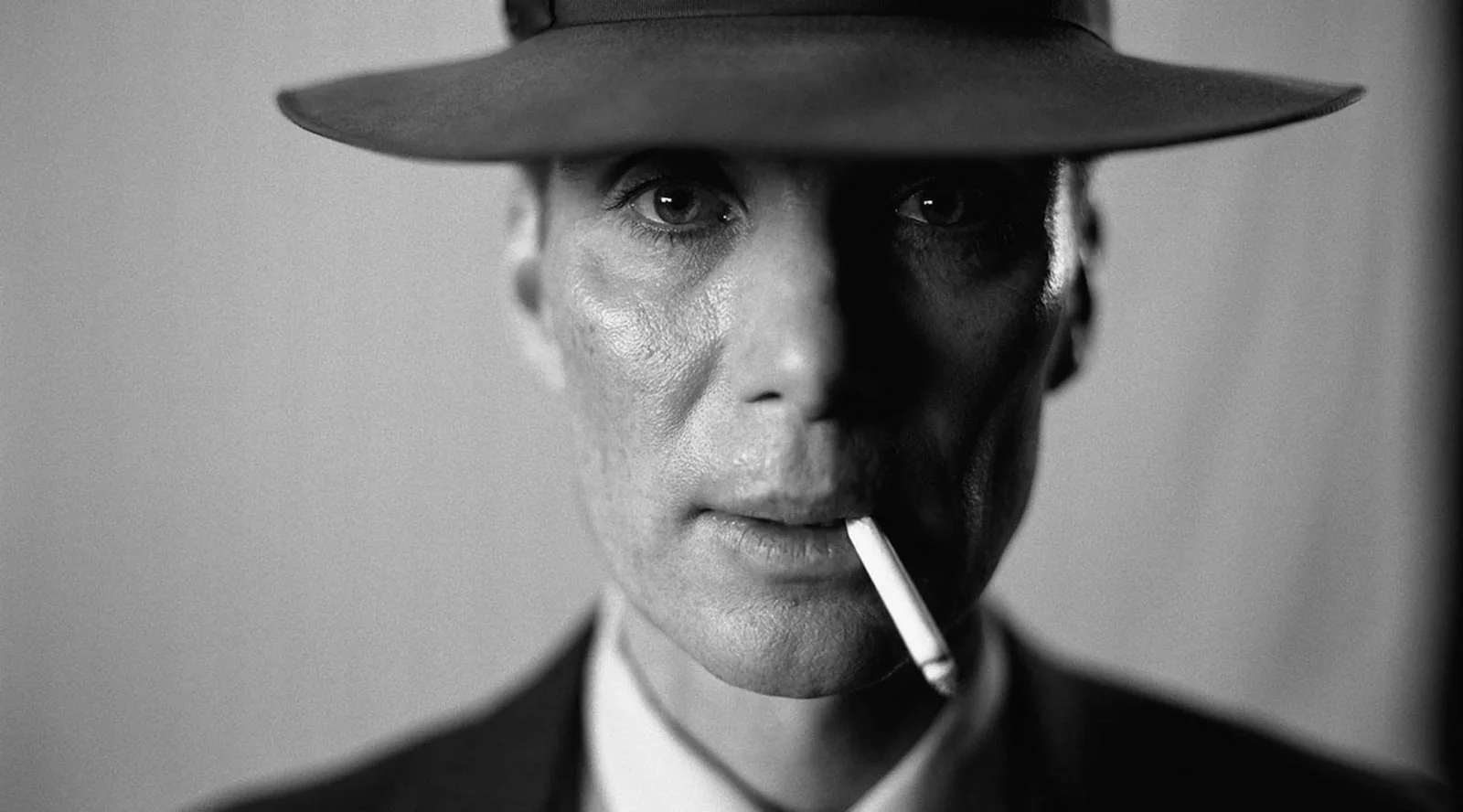If you watch one film this summer, make it ‘Oppenheimer’.
Based on the 2008 Pulitzer Prize winning book ‘American Prometheus: The Triumph and Tragedy of J. Robert Oppenheimer’, Christopher Nolan’s latest film is a masterpiece. While the first half of this three hour visually stunning film benefits greatly from the words in the original non-fiction book by autobiographer Kai Bird and cold war expert author Martin J. Sherwin, the second half is Nolan genius all the way.
I watched the film at a multimedia screening held inside the IMAX theater of the Science Museum in London and hearing the projector in the back purr as the film started created a whole new feeling of magic. That’s why I highly recommend watching Oppenheimer in an IMAX space and on 70mm film. Part of the greatness of how Nolan paints this cinematic masterpiece lies in the way he wraps the story around us, the audience, in a way that when the atomic bomb goes off — and that’s not spoiling the film for anyone who knows how WWII history went — we feel the warmth and are overwhelmed by the blast. I cried in those moments as I did at the film’s very prescient ending.
J. Robert Oppenheimer was the Jewish American theoretical physicist who is credited with being the “father of the atomic bomb” and headed the infamous Manhattan Project in the New Mexico desert. In August of 1945, the weapons invented by Oppenheimer and his crew of scientists were used in the bombings of Hiroshima and Nagasaki and to date, remain the only nuclear weapons ever used in a conflict. This is again, history, no spoilers or surprises there.
But Nolan, in his typical manner, tells the story of Oppenheimer in a non linear way, but also unconventionally, leaving us in the audience, to decide whether this man, whose first name was Julius — after his father’s name — was a mad genius, a force manipulated by the American military or simply a tragic hero.
What is guaranteed from watching Oppenheimer is how the film will leave you wondering about personal responsibility. Is what we do as individuals really only affecting us, or are our actions like the little snowball that rolls down the mountain to become an avalanche? It is clear what the answer is in the case of the American scientist, but the question rings true these days, when even a simple action like writing something down on a social media channel can create so much chaos and negativity.
Nolan’s Oppenheimer gets to the core of Oppie’s character, as the scientist was nicknamed, with the help of the fantastical Cillian Murphy. Murphy brings the right amount of ambiguity to a man whose photos always betray a certain sexual fluidity, but also unquestionable charm. Nolan frequent collaborator, DoP Hoyte Van Hoytema makes the actor’s iconic blue eyes light up, as if they are glass marbles held up to the sun, adding a haunting quality to the actor’s performance, one I personally won’t soon forget. Oppenheimer, as a man walked a thin line between success and failure, depending on whether you believe that the Bomb ended a war, or created another, and Murphy’s strange physical presence, his unique bone structure and his gait all help to immerse the audience into this sea of doubts. Emily Blunt as his tipsy yet incredibly headstrong and courageous wife Kitty is phenomenal, as is a brunette Florence Pugh as Oppie’s on-again off-again love Jean Tatlock.
Of course, as is often the case with Matt Damon walking onto a film, Oppenheimer becomes even more of a masterpiece once the actor enters the story as Lieutenant General Leslie Groves, who recruited Oppenheimer and was the director of the Manhattan Project.
And last but not least, Robert Downey Jr. aged and sporting a receding hairline, as AEC chairman Lewis Strauss, a man whose own insecurities fueled the need to persecute Oppenheimer.
In theaters on July 21st, 2023, it is a Universal Pictures release.
